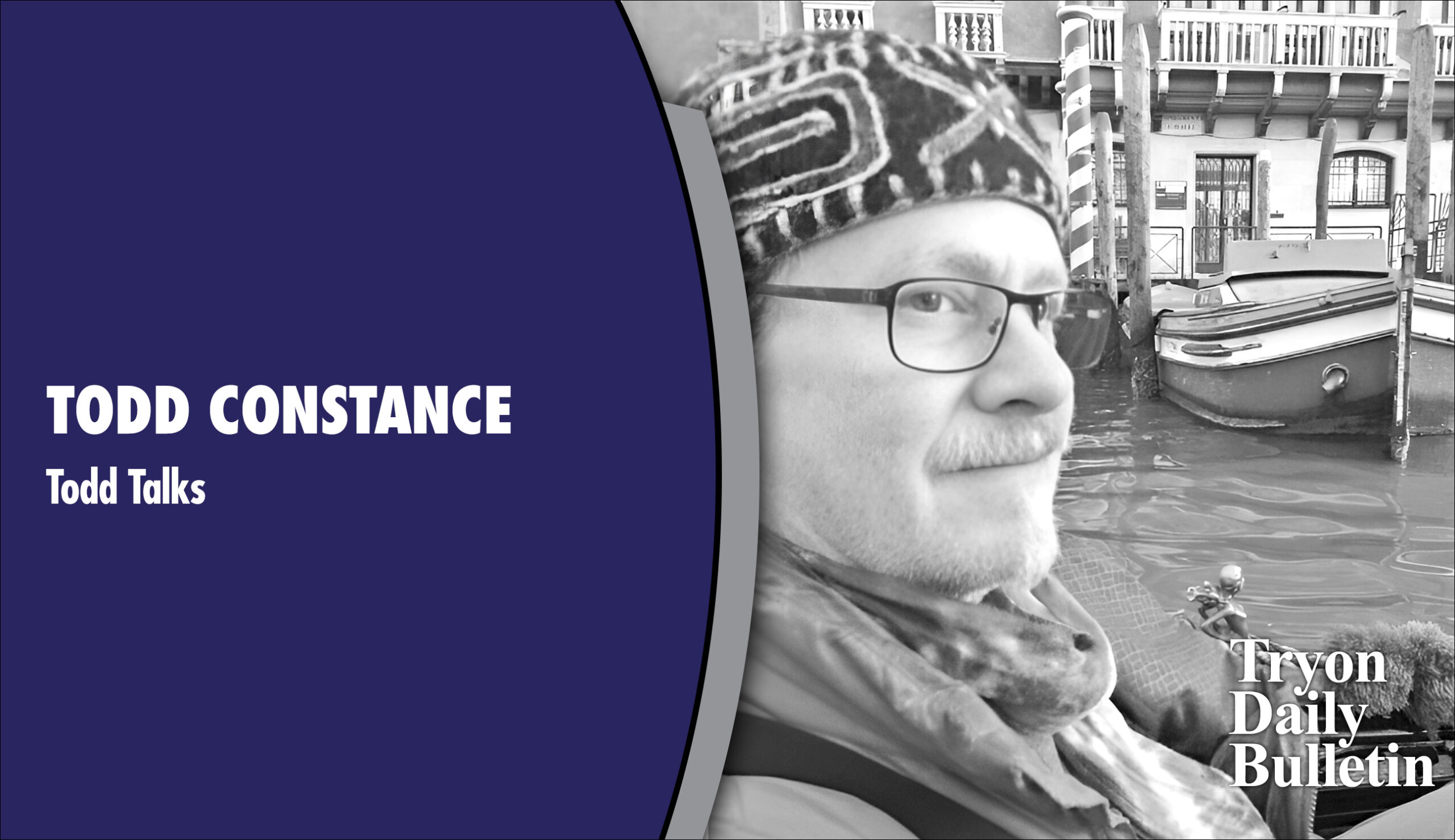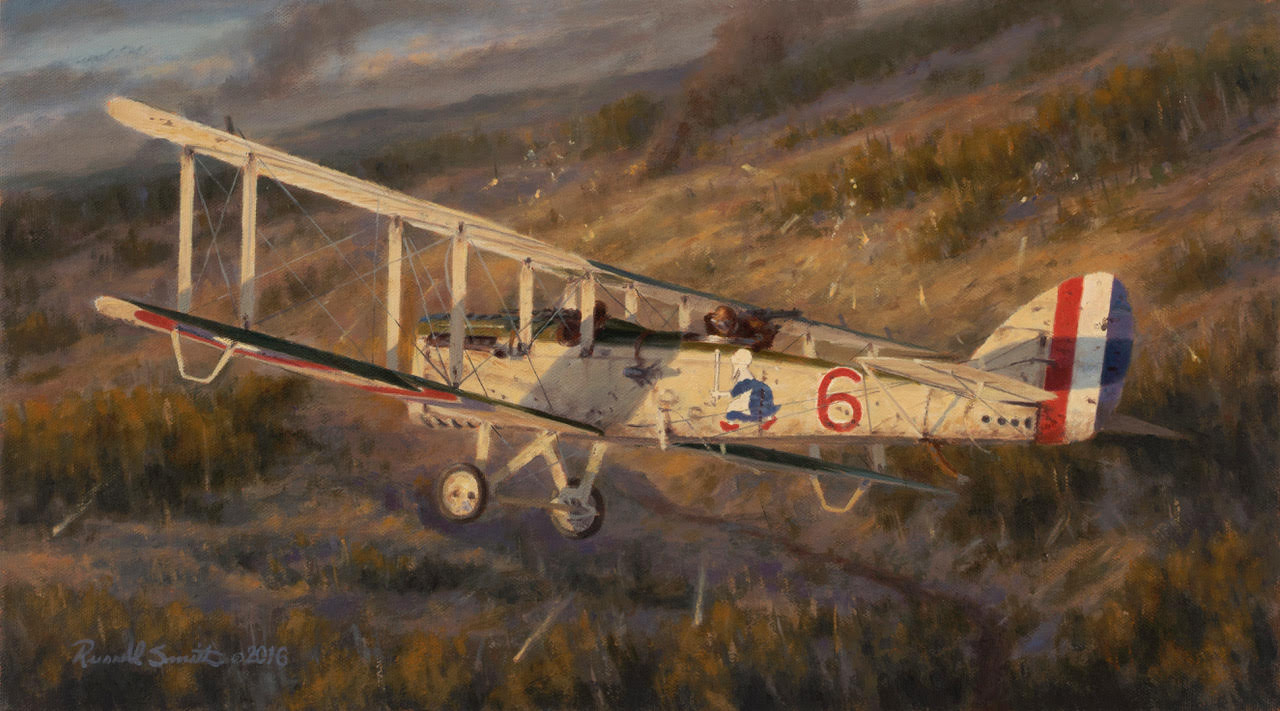Bridging 7,500 miles, huge cultural gap
Published 4:32 pm Monday, July 20, 2009
Bishop Dutta (second from left) visited the Hospice House in Landrum recently with (from left) Hospice executive director Jean Eckert, the Rev. Walter Bryan and the Rev. Deacon Marilyn Walters of Good Shepherd Episcopal Church in Tryon. (photo by the Rev. Tim Hoyt) &bsp;Altogether, he spent two weeks in Western North Carolina and returned home July 8.
This was the Rt. Rev. Probal Kanto Dutta&squo;s third visit to the area since his diocese in the Indian state of West Bengal began a companion relationship with the Episcopal Diocese of Western North Carolina in 2004.
Last summer, Bishop Dutta spent a day with the Rev. Michael Doty of Holy Cross Episcopal Church in Tryon and spoke to the congregation there.
Trending
His visits here, and North Carolinians&squo; visits there, have fostered friendships across 7,500 miles and a huge cultural gap.
Dutta&squo;s home state, West Bengal, stretches from the Mouth of the Ganges delta, south of the capital city of Kolkata (formerly Calcutta), then along a narrow neck to the &dquo;Hill Station&dquo; region where the British used to flee the unbearable Indian summer, to cities like Darjeeling, in the shadows of the Himalayas.
The Rev. Deacon Ann Fritschner of Hendersonville, who also led the Hospice of the Carolina Foothills fundraising effort as a consultant, recalled how the relationship began from her previous experience working for Western North Carolina&squo;s Bishop Porter Taylor. &dquo;Porter Taylor was installed as a Bishop in 2004 and he wanted to have a companion diocese somewhere in the world where Christianity was in the minority,&dquo; Fritschner said.
The diocesan staff, headquartered in Asheville, e-mailed dioceses throughout the world and received just one response, and that almost immediately.
&dquo;It was from Bishop Dutta,&dquo; Fritschner recalled. &dquo;He was installed as a bishop at about the same time as Porter, in a diocese that had not had a Bishop for seven years.&dquo;Bishop Dutta&squo;s diocese certainly met Bishop Porter&squo;s criteria. Only about 2 percent of West Bengal&squo;s 80 million inhabitants are Christian, about 1.6 million people.
Most of the Diocese of Durgapur&squo;s work is with Hindus and Muslims, Dutta said. Hinduism is the principal religion of West Bengal at 72 percent of the total population, while Muslims comprise 23 percent; Sikhism, Christianity and other religions make up the remainder.
Trending
In all of India, there are about 27 million Christians, 2.4 percent of the country&squo;s 1.13 billion inhabitants.
&squo;We had to come together&squo;
The Diocese of Durgapur is one of 26 dioceses in the Church of North India, spread across the northern two-thirds of India and the Andaman and Nicobar islands in the Bay of Bengal.
The Church of North India was formed in 1970 as a union of Indian denominations which originated in missions of the British Baptists, British Methodists, the Church of Scotland, American Presbyterians, Disciples of Christ, Church of the Brethren, British and American Congregationalists and missionary societies of the Anglican communion.
These joined in 1970 with the United Church of Northern India, an earlier union of Presbyterian and Congregational traditions, and the Church of India, Pakistan, Burma and Ceylon.
&dquo;To do anything, we had to come together,&dquo; Bishop Dutta explained.
The Church of North India continues today to host within its ranks &dquo;diverse liturgical practices and understandings of divine revelation,&dquo; provided that these keep to &dquo;the basic faith and order of the church and do not disrupt the unity and fellowship within the church.&dquo;
Though the Christians are relatively few in West Bengal, they were the founders and still oversee many of the schools and colleges there, Dutta said, a legacy of British Baptists, Congregationalists, Methodists and Anglican missionaries&squo; work during the British Raj (1858-1947).
In fact, the English East India Company had established trading headquarters in Calcutta nearly 300 years before the Raj.
As a result, English education in India started from Bengal.
It is a state which, though relatively poor today even by Indian standards, Dutta and many others still consider to be the intellectual capital of India, birthplace of India&squo;s most famous writer, Rabindranath Tagore, and home to his ashram (school) still operating in Santiniketan.
The first English college in India was set up in Calcutta in 1817, and to this day, Bishop Dutta says he believes education is the way to a better life for the people of his state. The Christian Church in the Santal village of Shyamadi. (photo by Jeff Byrd)
60 percent don&squo;t attend school
In recent years, India has made huge progress in terms of increasing primary education attendance rate and expanding literacy to approximately two thirds of the population. However, education is still far behind developing countries such as China or Thailand. Most children never attend secondary schools.
An optimistic estimate is that only one in five job-seekers in India has ever had any sort of vocational training. A survey around Durgapur revealed that nearly 60 percent of the children do not go to school and are under-nourished.
Further, the caste system of Hindu society continues to oppress many with &dquo;Brahmin&dquo; (the head), on top, &dquo;Chatyat&dquo; (chest, fighters), next, &dquo;Baisa&dquo; (stomach, traders) after that, and &dquo;Shudrah&dquo; (feet, clean, sweep, wash) at the bottom.
The native people of the land, Santal tribals who make up about ten percent of the West Bengal population, are considered by the caste system to be beneath Shudrah.
The Diocese of Durgapur does most of its work among the tribal and lower caste people.
&dquo;Our work is with the poor,&dquo; Bishop Dutta said. &dquo;We are part of the Great Commission, to reflect God&squo;s love.&dquo;
Dutta, 49, a native of Calcutta, was a reporter for awhile, and later a businessman with no interest in church work.
However, in 2000, at the end of a visit home, his train back to Bangalore was canceled one day. Instead, a chance meeting led him to afternoon tea with the Bishop of Calcutta. During tea, Dutta recalled that the bishop simply said to him that his skills &dquo;would be useful in the church.&dquo;
Dutta returned to Bangalore just long enough to quit his job and moved to Delhi to work for the Church of North India (CNI). He became Chief Coordinator of the Synodical Board of Social Services, responsible for looking after all 26 CNI dioceses.
Dutta became a bishop in 2003 and he and his wife, Rita, also a city girl from Calcutta, soon moved to Durgapur.
When they got there, Bishop Dutta said he found the minimally developed church compound overgrown with weeds. Since that time, the Bishop has revived the diocese with the help of companion churches in Western North Carolina as well as church leaders in England, from Anglican parishes in the West Midlands and Derbyshire areas near Birmingham.
A family came out to its doorway to see the visiting Americans in the Santal tribal village of Churku. (photo by Jeff Byrd)
&squo;Lives of dignity&squo;
The Diocese of Durgapur spans hundreds of miles, from Durgapur, a steel town which made the majority of the steel for the Beijing 2008 Summer Olympics, to the tribal villages stretched out along the border lands with the Indian states of Orissa, Jharkand and Bihar.
&dquo;This once lingering diocese has taken a full turn,&dquo; Bishop Dutta wrote in his Programme Report 2008-2009.
&dquo;In these five years, our focus was to see this Diocese grow spiritually, reach out to communities which have been neglected and provide them with lives of dignity and sustainability, initiate new energy within the various institutions under the diocese so that they increase both academically and potentially.&dquo;
Today, the diocese has 21 fulltime Presbyters, the leaders in the various local Christian congregations.
As for himself, the bishop is a very busy man.
Bishop Dutta oversees ten educational institutions, including Bankura Christian College and the Krishtiyo Seva Niketan Nursing School.
In addition, the diocese directly runs three &dquo;auxiliary education&dquo; programs for neglected children. One, in Purulia, the Programme Report says, &dquo;caters to children of former lepers and rickshaw pullers who still live in the shadow of disgrace and discrimination.&dquo;
Another of the &dquo;auxiliary education&dquo; centers, the Durgapur Child Study and Development Centre, is housed in the bishop&squo;s compound. There the diocese has been serving several dozen children, mainly from a slum of squatters on land surrounding a government power station just down the street.
Each morning, the compound gates open and these children, in proper school uniforms, start wandering in for their daily studies, dance lessons and meals.
When the government began evicting their families, rather than see the children dispersed, the diocese built a second floor to the school to serve as a hostel where the children can live. The hostel was dedicated last January and named for the Rev. Brian Cole of the Cathedral of All Souls in Asheville, who was there for the dedication as was Fritschner.
Empowering tribal women
Bishop Dutta oversees two community development programs.
One of those, the Shyamadi Community Development Programme, funded by Episcopal Relief & Development, works in Santal tribal lands, based out of a small, Christian church in Shyamadi.
The tribal lands, three million acres spanning five states, are &dquo;one of the most backward regions of India,&dquo; according to the diocese&squo;s annual report. Electricity only reached Shyamadi in 2007.
The Shyamadi project, led by Khagendra Nath Das, works to bring the people in 11 &dquo;target villages&dquo; around Shyamadi safe drinking water and health services, to create &dquo;excrement free&dquo; areas by introducing latrines, to empower women who are typically exploited by tribal superstitions and early marriage, and to educate their children. Das trains women to run village micro-enterprises making rope and leaf plates, and tribal men to work in forestry and fisheries.
Since the project began, Das says income is up 40 percent among those in the Self Help Groups and 80 percent of the villages now have clean wells. Water borne illness is down 60 percent.
&dquo;My goal is not to educate your child to get a job,&dquo; Das tells the villagers. &dquo;My job is to educate your child to be a light. Women should have rights in their culture. &dquo;
When not working with Das or elsewhere in the diocese, Bishop Dutta chairs various national health care and educational boards in Delhi and Calcutta. Last summer, after visiting Tryon, he traveled to New York where he testified before a committee on poverty at the United Nations.
Last January, he represented the Christian faith at a &dquo;World Religions Dialogue&dquo; meeting in Gujarat, India, an event at which the Dalai Lama represented Buddhism.
In addition, the Bishop travels to develop friends and supporters for his diocesan ministries, mainly to England and North Carolina.
The Diocese of Western North Carolina has been a key contributor to the building of the Durgapur Child Study and Development Centre and the residential hostel there.
The Rev. Cole estimated about $17,000 has been sent over the years, money provided by individual churches, individual church members, and church youth who ran fundraising projects for the work in India.
It takes very little in the way of dollars to do many things in India. A nice sweater costs 122 rupees, about $2.50.
Cataract eye surgery can be provided for $25. A courier rickshaw van, which can provide a family a living, can be purchased for $150. To house, clothe and feed a child in the &dquo;auxiliary education&dquo; hostel for a year costs $250, and a wheelchair for the diocesan hospital in Sarenga can be provided for $400.
&squo;When we sleep, they rise&squo;
&dquo;What having a companion diocese means to me,&dquo; said Fritschner, who has now visited Durgapur multiple times, &dquo;is that we pray for one another. When one of us fails or falls, the other offers help and hope, and vice versa.
&dquo;When we go to sleep, they rise and work, and when they rest, we rise and do our work. So we are companions in Christ&squo;s world, working in Christ for one another and neighbors we may never know.
&dquo;These folks, though most are still unknown to me, are my sisters and brothers. The majority of them cannot live any lower on the food chain. They literally live and sleep and eat on the ground, are flooded out by monsoons annually, have their rice paddies destroyed by elephants who invade them when they cannot find food, and yet want to see their children do better. They want to break out of the castes to succeed and thrive and live with food and in good health.&dquo;
&dquo;So,&dquo; Fritschner said, &dquo;for $150 we can give a father a job as a rickshaw driver; for $100 we can help a group of women start a cooperative that will make a profit so they can raise their children and families out of poverty. For $250, we can feed, house, educate and clothe one child from a slum, giving them healthcare and a safe place in which to be a child, to learn, to grow, to develop spiritually as well as physically, mentally and emotionally.&dquo;
Even so, the companion relationship is not just about money, Fritschner said.
&dquo;The relationship is about hope, having someone believe in you when you can no longer believe in yourself,&dquo; she said. &dquo;It is about potentials being realized and the definition of &squo;neighbor&squo; expanded in spirit-inspired ways. I just think Bishop Dutta is a gift to the Diocese of Durgapur and to us as partners in Christ.&dquo;
A vote will be taken in Western North Carolina in November on whether or not to renew the companion relationship with Durgapur.
&dquo;There has been some grumbling that it is a long way away,&dquo; said the Rev. Cole. &dquo;India is exotic and it is expensive to get to. But once you get past the plane ticket, once you are there, no place is any less costly.
&dquo;With globalization, the fact that it is on the other side of the world actually makes it even more compelling,&dquo; the Rev. Cole said. &dquo;We ended up with a relationship in India, not only that, we went beyond, way off the beaten path.&dquo;
Casting votes will be all the clergy of Western North Carolina&squo;s 65 parishes in 27 counties, along with two lay persons from each church representing the dioceses&squo; 15,000 members.





